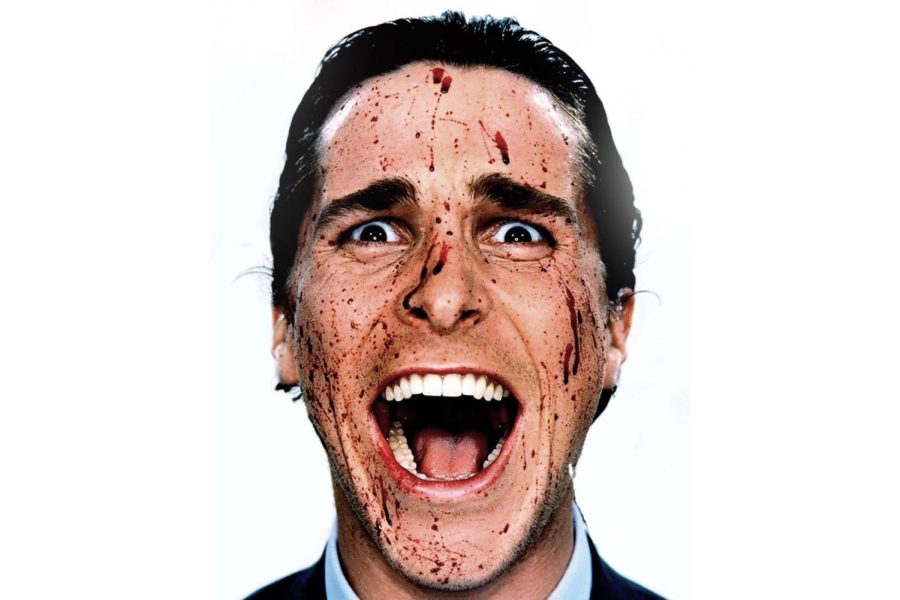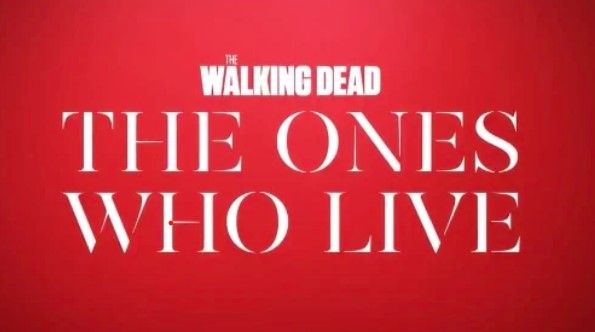Is American Psycho the Perfect Comedy?
November 14, 2022
Like it or not, Bret Easton Ellis’ novel, American Psycho, and the movie released in 2000, has gained a cult following throughout the years. With new fans come new interpretations of the story’s ambiguous ending, and Patrick Bateman has become an icon in today’s horror.
American Psycho is a satirical take on a rich man’s world. It exaggerates the world of Patrick Bateman and his banker buddies, heavily implying that they are all the exact same. Throughout the film, Bateman and his coworkers are unable to differentiate from each other, occasionally confusing one another for other men in the office. Patrick Bateman, played by Christian Bale, is a man disturbed and infatuated with his own individuality. When we see him for the first time in his solitude, he is extremely adamant about his image to the public. “There is an idea of Patrick Bateman,” he says as he follows his carefully laid out routine. The fact that he tells the audience about his specific facial treatments and workout regimens implies his vanity and care for appearances.
One of the most memorable and comedic moments in the film is when Bateman and his coworkers are comparing business cards. The entire cast portrays this scene wonderfully, and the overly-serious line delivery is what makes it all the better. Bateman becomes jealous of his friends’ own cards, despite the fact that they all look practically the same to the average eye, and it becomes overwhelmingly comedic as he ponders why his card isn’t the best-looking one. This is one of the many scenes that seem to change the dark tone of American Psycho.
The film is sprinkled with perfect, deadpan delivery. Even as Bateman opts to kill his coworker Paul Allen (played by Jared Leto), the scene is ludicrous due to the atmosphere and attitude of both Bale and Leto’s performances. It’s another iconic scene in the film that not only pokes fun at itself, but also continues to display Bateman’s arrogance and festering hatred of anything that proves to be better than him. These little comedic moments in the film aren’t just there for a quick laugh; they add to the story and help the audience identify with the characters and who they are as a person.
Patrick Bateman is portrayed to be an erratic personality despite his calm demeanor in public. Plenty of the other characters (Bateman’s colleagues, mostly) are portrayed as arrogant and problematic. These characters are actively making fun of themselves and each other without realizing it, and that is what helps make this film the iconic piece that it is today.
After the ambiguous climax of the film, Bateman is forced to reckon with his greatest fears, which is partly this whole story’s focal point. He quite possibly learns that he is not the striking, psychopathic individual he believed himself to be; his friends and himself are easily confused, and they blend together to create one hot white mess.
American Psycho comments on the common, privileged man. It exaggerates the fact that they may easily get away with things they shouldn’t, and it is because of this conclusion that the film ends with an infamously cryptic resolution that doesn’t seem like a resolution at all.
“This confession has meant nothing,” Bateman says as this story’s message is finally realized.
American Psycho is a piece that is meant to appeal to a self-aware audience, while also appealing to the very blue bloods it pokes fun at. The fact that this intention works, and so many overzealous men as well as other members of society enjoy this novel and film, is another one of the reasons why American Psycho is the dark comedy that it is.





















Ms. Good • Nov 16, 2022 at 9:38 am
Fantastic article! I love this movie and your analysis of the commentary it makes! Perfection! <3